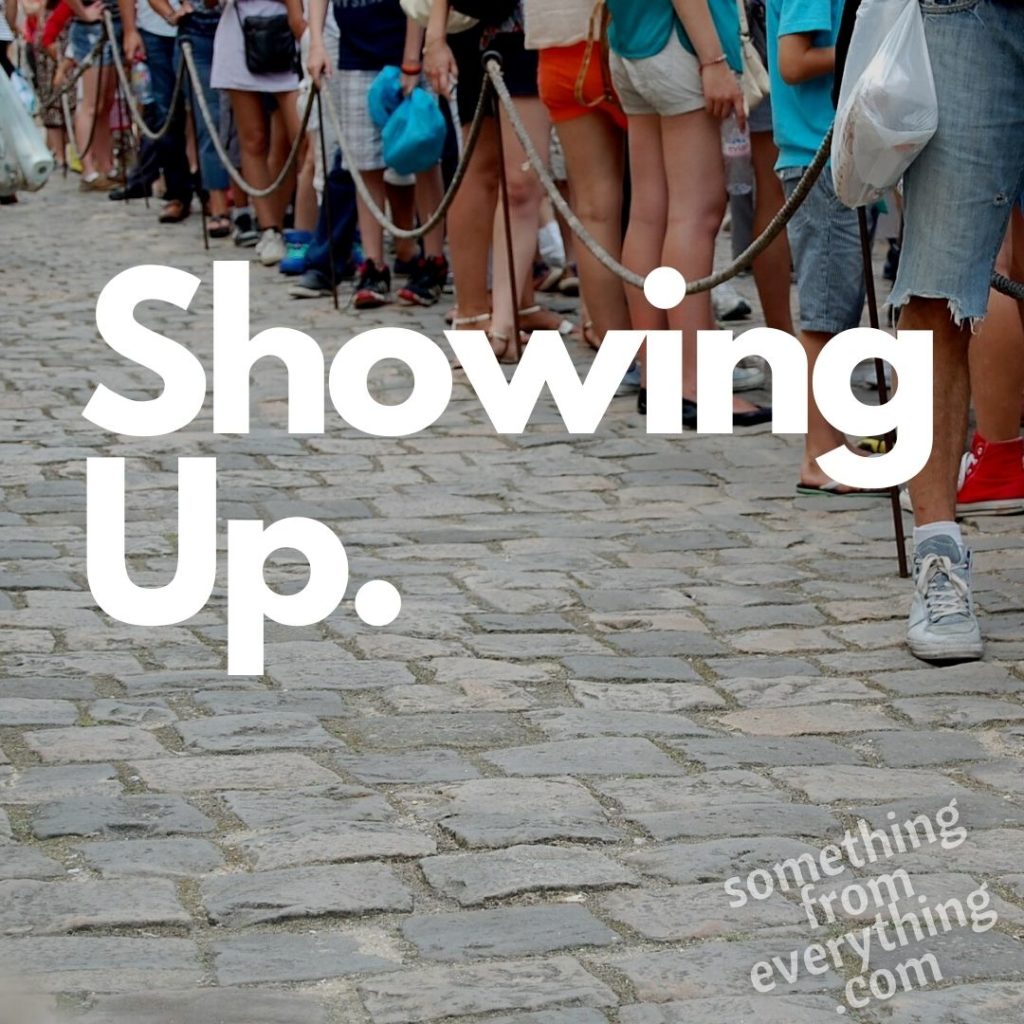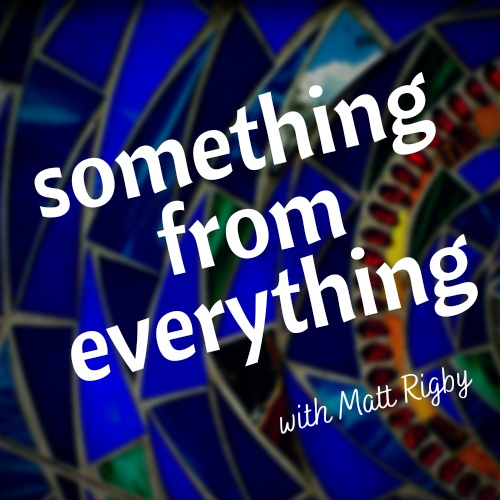
The patient in front of me tells me he has been having chest pain for the past ten hours, sore throat, headache and shortness of breath for the past week. “Last night, it was really bad around 2am. I could hardly breathe”.
His skin looks terrible. He’s pale and breathing fast, beads of sweat visible across his forehead.
I am standing in front of him, at a distance. My eyes alone are barely visible as I am covered in gown, mask, face shield and scrub cap. I am stoic and silent between pointed questions, thinking. I am already far beyond this moment. I’m weighing his risk factors. I’m thinking of the fact that we are once again short staffed, and that each room in the main department is already full.
I close the distance between us and reach for his wrist to feel his pulse through my own gloved hand. His heart is racing too fast for me to determine its rhythm. I ask him if he’s received any Covid vaccines. He shakes his head.
And at the moment I’m holding his wrist, staring at the clock beside him and attempting to count beats, he looks into my eyes and says “I’m just really scared”.
There is something about it that jarrs me, wakes me up to his perspective. It feels like a plea to see him for the first time. And I do. Of course he is scared.
“Of course you are, but you’re in the right place”, I tell him. “We’ll take care of you”.
And we do.
This is the work I show up for, my work as a nurse in the Emergency Department, and it is as stretched and strained as I’ve ever seen it. Showing up for work in the height of a pandemic means regularly working short, missing breaks, and increasingly working without some of our most experienced staff who are no longer picking up extra, or simply decided to transfer to a different hospital floor, a different focus, or even a whole new career.
These are the days when I find myself in discussions with my peers about what constitutes unsafe practices and patient abandonment. These are the days when even our professional college acknowledges our shared challenges, and that our previous standards of care may not always be possible.
These are also the days of greatest frustration. Days of seeing the young and previously healthy gasping for air. These are days of protests outside of hospitals and downtown health offices. These are days of division and resentment, even among colleagues. When long friendships are strained or broken because of beliefs around Covid, vaccinations, or vaccine passports/ immunization records.
These are the days when it seems hardest to hang on to your humanity. It is hard to see a hundred patients presenting in the same way, and not reduce them to their decisions or disease. If you are not very careful, your anger and grief can settle into your bones, metastasizing into resentment towards the very person you are there to help.
You’ve doubtlessly read an article (or ten) recently about the widespread nursing shortage. It is real, for all the reasons I mentioned above and more. It is the same stories played out in countless hospitals across health districts, provinces and even countries. I don’t blame a single colleague who has simply had enough. In the midst of a pandemic which has reached on for more than a year and a half, and is somehow getting worse, many have abandoned the career that they had previously loved.
I’m speaking about nursing, but there are many of us who are finding it harder than ever to keep showing up in a variety of contexts. There are many of us who are overwhelmed and exhausted, re-establishing boundaries or quitting altogether. Some of us are quitting our careers, some of us are quitting people. Some are unfriending or unfollowing aquaintences on social media and others are ending friendships that had previously survived for years. Some of us are simply too tired to keep having the same arguments. I know how exhausting it is to stay in dialogue when it feels like everyone is shouting. We’ve never been more willing to draw lines in the sand and say “this far, but no further”. Admittedly, the stakes have never been higher. The subject matter that we are disagreeing about is literally life and death.
Ultimately, no matter how we justify it, our quitting is a matter of self preservation. Like the worker who decides that they just can’t go in for one more shift, we intuitively know that we can’t carry every burden of this moment. Between the grief and the anger and the uncertainty of this moment, it all is too much to bear.
Perhaps this moment feels like too much, simply because it is. We need to learn how to care without carrying the whole weight of the world. Even when the outcomes are uncertain. Even in a pandemic.
Recently I’ve been both comforted and challenged by a popular quote attributed to Rabbi Tarfon, “You are not obligated to complete the work, but neither are you free to desist from it”.
If you have felt overwhelmed by the impossible challenge of this moment, this truth is for you. And if you have felt like quitting everything and everyone, this truth is also for you. This is a truth that frees us, as well as binding us.
There is a lot of work in this moment. I am not obligated to complete the work. The factors that have brought us to this moment are complex and multifaceted. They will not be easily undone by any one of us. I don’t have to fix or carry all the bitterness and resentfulness I see around me, but I do have to guard my heart against it. I don’t have to have the perfect, measured opinion on every new policy announced or implemented. That is some else’ (very good and important) work to do. I don’t have to attempt to control others through any means necessary, and I don’t have to become resentful when they act in a way different than I would choose for them.
But neither am I free to abandon the work. It is up to each of us to determine what work is ours to do. Our share of the weight. That work, we are bound to, as it is to us. We don’t get to quit that which we are here to do, even when we are tired. I am not free to abandon my humanity, even in the face of a pandemic. It matters that I am able see the patient, or friend, or stranger in front of me with compassion and curiosity, as well as (sound) judgement. It matters that I bring both my heart, and my head, to my practice. And It matters that I take care of myself so that I can keep coming into a workplace that is strained under the weight of this pandemic.
It matters that each of us keeps showing up. Wherever and whenever and however we can, we show up for our work, we show up for ourselves, and we show up for each other.
Sometimes, all you can do is just keep showing up.
And sometimes, that is enough.

September 23, 2021 at 4:04 pm
Right to the heart of it, as always. Thank you.
September 28, 2021 at 9:37 am
Thank you, Lesley-Anne. I really appreciate it.
September 27, 2021 at 7:06 am
I had to take my husband to the ER over the 4th of July weekend and am so grateful for the hospital staff who showed up for him. They quickly got him in a room and took excellent care of him.
On behalf of the patients who never got to say it at the time THANK YOU for what you do!
September 28, 2021 at 9:37 am
Thank you so much, Brooke. That means a lot. I’m so glad that your husband was well taken care of.